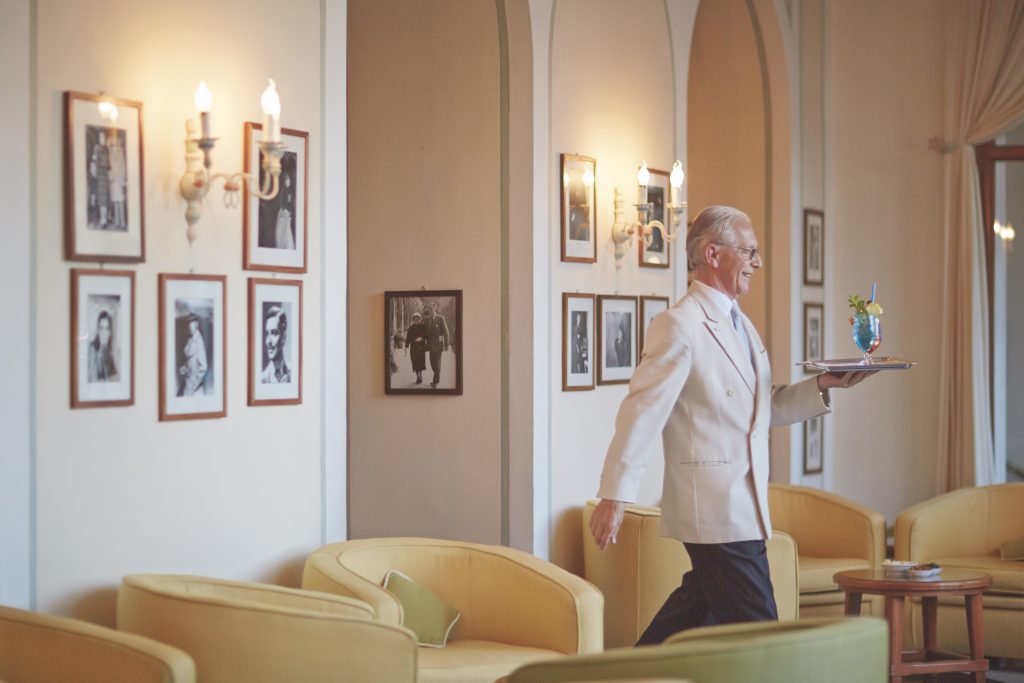Belmond Looks to Solidify Its Brand Image Against Competitor With Its Old Name

Skift Take
While part of the goal of Belmond's new branding campaign is to establish itself as an entity apart from its former Orient Express moniker, we wonder if the images it presents may be just a little too reminiscent of its former self.
On the heels of the announcement that AccorHotels will be purchasing a 50 percent stake in the Orient Express name, the brand's former licensor—Belmond—coincidentally is introducing a long-planned campaign designed to set itself apart from the crowd.
According to Arnaud Champenois, Belmond's senior vice president, brand and marketing, "It's a brand designed for the ultimate travel connoisseur....a heritage reminiscent of a golden age of travel and the nostalgia of travel." Among luxury travelers, those images may also evoke Orient Express, but Belmond is determined to claim the brand descriptors for its own.
Belmond came about in 2014, after its collection of hotels, historic trains, and travel experiences parted ways with the Orient Express banner. Why was the exotic and iconic name discarded? Champenois explains that "since the name was licensed, the comp
